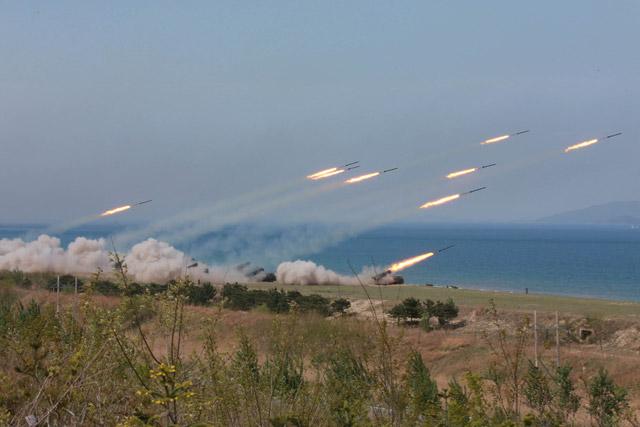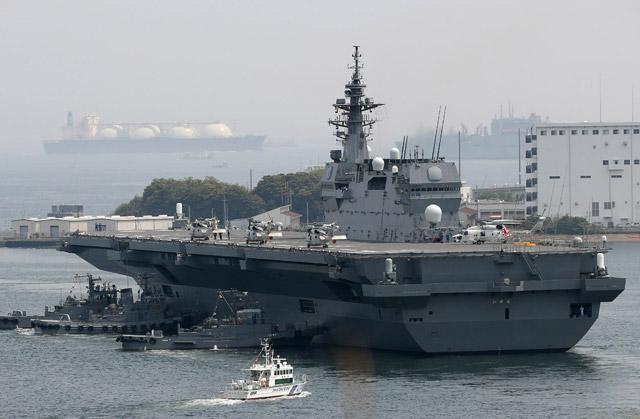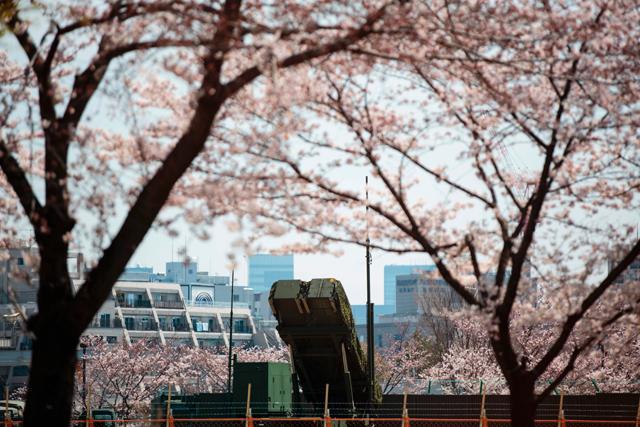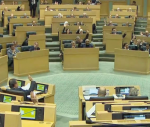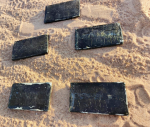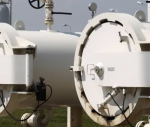You are here
China, Russia to hold further anti-missile drills
By Reuters - Oct 11,2016 - Last updated at Oct 11,2016

South Korean Won Buddhism monks hold up cards during a rally to oppose a plan to deploy an advanced US missile defence system called Terminal High-Altitude Area Defence, or THAAD, in Seoul, South Korea, Tuesday (AP photo)
BEIJING — China and Russia will hold their second joint anti-missile drills next year, Chinese state media said on Tuesday, after South Korea and the United States angered the two countries with plans to deploy a US anti-missile system in South Korea.
The Chinese and Russian militaries held their first such exercises in May as Washington and Seoul were in discussions over installing the US Terminal High Altitude Area Defence (THAAD) system to protect against any North Korean threats.
THAAD is now due to be deployed on a South Korean golf course, unsettling Moscow and Beijing, which worry that the system's powerful radar will compromise their security and do nothing to lower temperatures on the Korean Peninsula.
China and Russia announced the new round of drills for 2017 at a defence forum in Beijing, the official Xinhua news agency said. It did not give further details.
The Global Times, a popular nationalist tabloid run by the ruling Communist Party's People's Daily, cited a senior Chinese military official criticising the THAAD plans before announcing the new round of drills.
"The United States' blind development of anti-missile systems that exceed demand and its search for absolute unilateral military superiority inevitably damage global strategic equilibrium and gravely harm major powers' strategic trust," Major General Cai Jun said.
"China and Russia are in close communication on next year's exercises," Cai, the vice head of the Central Military Commission Joint Staff Department's warfare bureau, said.
The paper also cited Cai as saying that the THAAD deployment "could lead an arms race into space".
This year's drills were held at a Russian military research centre and were intended to help the two militaries familiarise themselves with their respective command structures and data transmission processes, state media reported at the time.
Tension on the Korean Peninsula has been high this year, beginning with North Korea's fourth nuclear test in January, which was followed by a satellite launch, a string of tests of various missiles, and its fifth and largest nuclear test last month.
Related Articles
BEIJING/SEOUL — China on Thursday welcomed an apparently softer tone by the United States on the North Korean nuclear and missile crisis but
SEOUL/BEIJING — North Korea accused the United States on Tuesday of pushing the Korean Peninsula to the brink of nuclear war after a pair of
SEOUL/TOKYO — The United States and South Korea agreed on Thursday to proceed with the deployment of an advanced US missile defence system t


